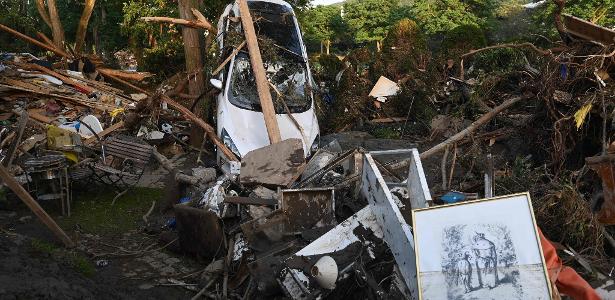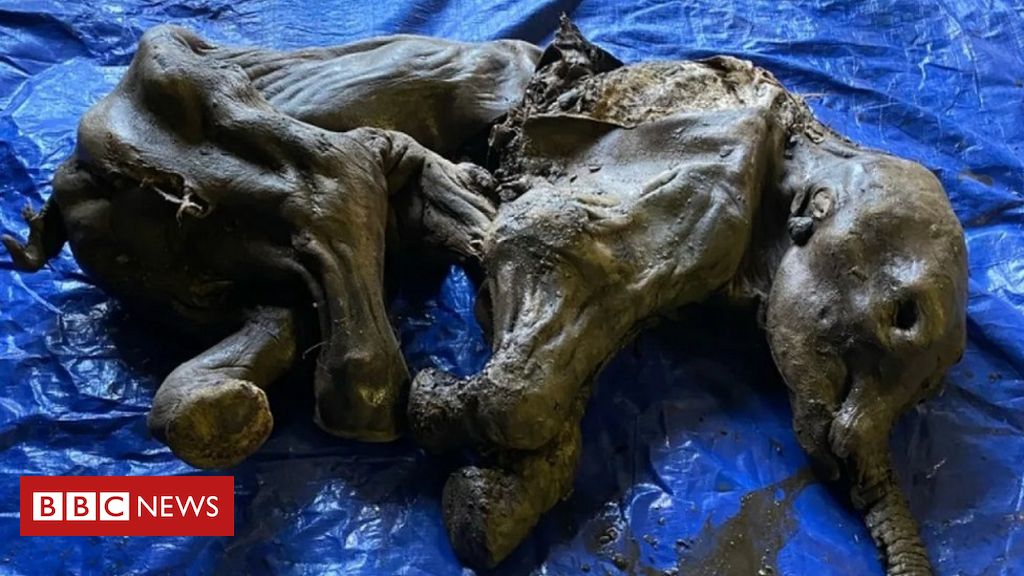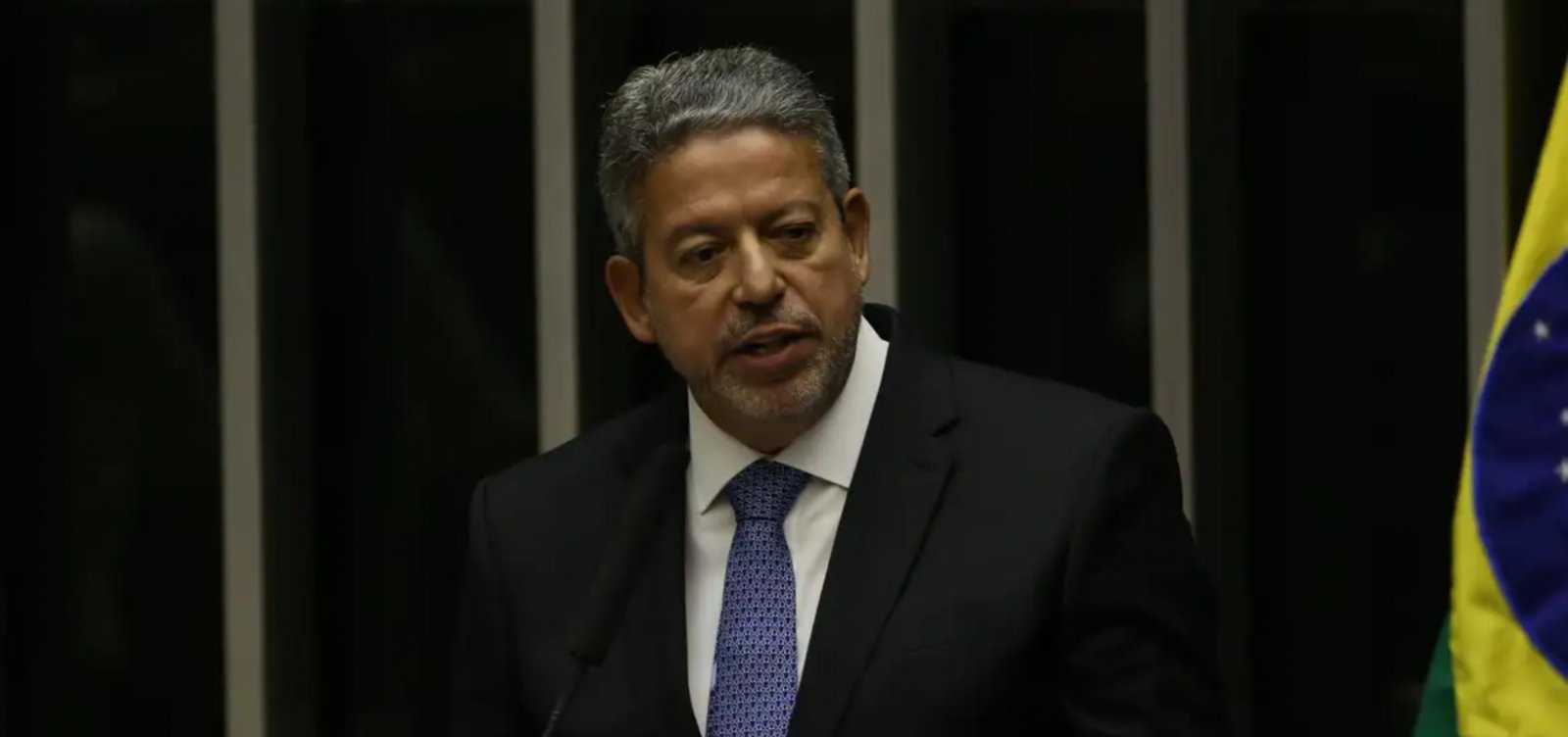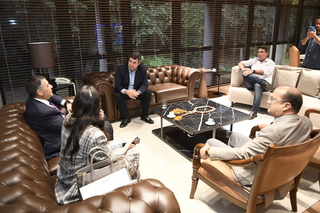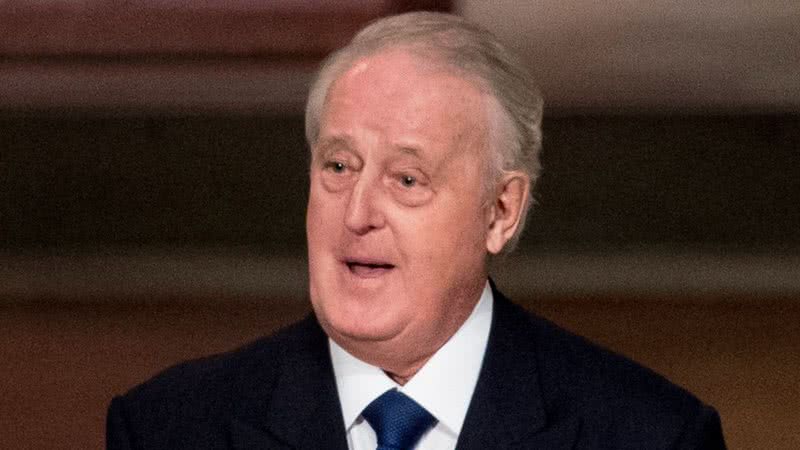Weather events have attracted attention and triggered warning signs. A severe heatwave in Canada caused hundreds of sudden deaths as the thermometer hit a record high of 49.5ºC. In Germany, as well as in the northern hemisphere, heavy rains left at least 165 people dead, missing and trails of destruction.
Brazil currently suffers from extremely low temperatures in winter. In late June, for the first time since 2000, Santa Catarina recorded snow for three consecutive days, with the town of Bom Jardim da Serra hitting -7.5ºC. In the city of São Paulo, a cold wave killed at least 12 people, according to That The Homeless Population Country Movement.
For Marina Hirota, PhD in Meteorology and professor and researcher at UFSC (Federal University of Santa Catarina), this event is a consequence of changes in the global environment, including climate. He explained that the so-called “climate crisis” also involves a biodiversity crisis and an ecological crisis.
“What we are living is happening from uncontrolled human activities from land use changes, gas emissions in the composition of the atmosphere and the consequence is an increase in the temperature balance of the planet.”
These changes result in what we call extreme events. It’s as if humans are interfering with the system. Now until the planet finds a new balance of these disturbances, we will experience a series of extreme events with greater frequency and intensity.”
Experts highlight that, apart from changes and disturbances, there are other causes and factors that can influence and even potentiate recent events.
30.jun.2021 – Snow in the town of Urupema, in the mountainous region of Santa Catarina
Image: RAPHAEL ZULIANELLO/Estadão Content
Is that in Brazil?
Regarding the possibility of a strong heat wave that could hit Brazil in the summer, taking into account recent examples in other parts of the world, Marina said it was impossible to predict clearly.
“It is too early to say, these events are caused by changes due to high variability and little predictability. Based on other events, we can have ideas, but it is very difficult to make predictions and anticipate what will happen. “
While pointing out that we still have a long way to go in spring and that the meteorological center in Brazil has yet to make predictions for summer, he warned of Brazil’s winter events, which are also tougher than usual.
“We have very cold temperatures now in winter, it’s been a colder winter and with more days with very low minimums.”
“Protection” against the climate
The consequences of what has been done are already underway and there is no way to “stop” them, but changing habits is important so the system is no longer disturbed and can find its new balance.
“If we stopped today with all the disturbances in the Earth system, we would still suffer some consequences from these extremes because there is a delay in the system’s response. It is now responding and will respond until it finds a new balance, because it is up. balance”, he points out.
He also highlighted that regardless of whether to stop extremes now or not, it is important to act on both local and global examples for the adoption of “adaptation policies”.
“It is policy to mitigate this effect, in the sense of tolerating this incident. Think of solutions like reducing greenhouse gas emissions as well as actions that, even in small gestures, resonate on a larger scale. It’s important to act at the individual level, community level and even state, federal and worldwide.”
“One way is to go for zero carbon emissions. We can’t just rely on governance for these measures, but also on individual actions, so it’s important to pay attention to what we eat and how much of certain types of food emit greenhouse gases. greenhouse effect. .”
Also according to the expert, the use of cars and planes greatly disrupts extreme weather changes and events and, therefore, highlights the importance of individual awareness.

“Geek zombie. Subtly charming social media scholar. Beer enthusiast. Lifelong bacon pioneer.”

